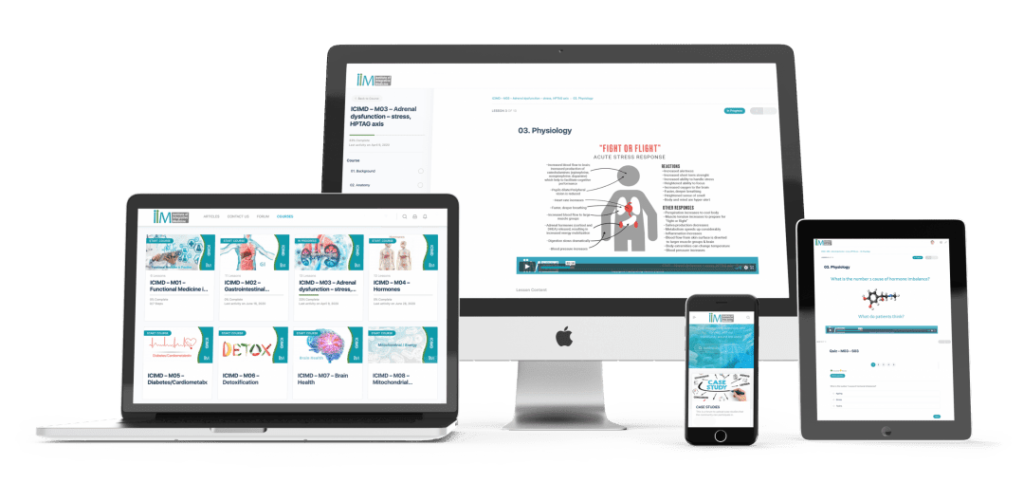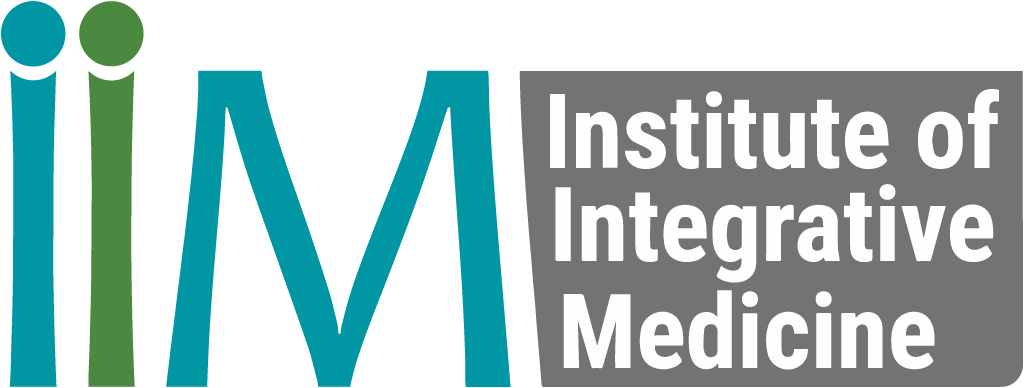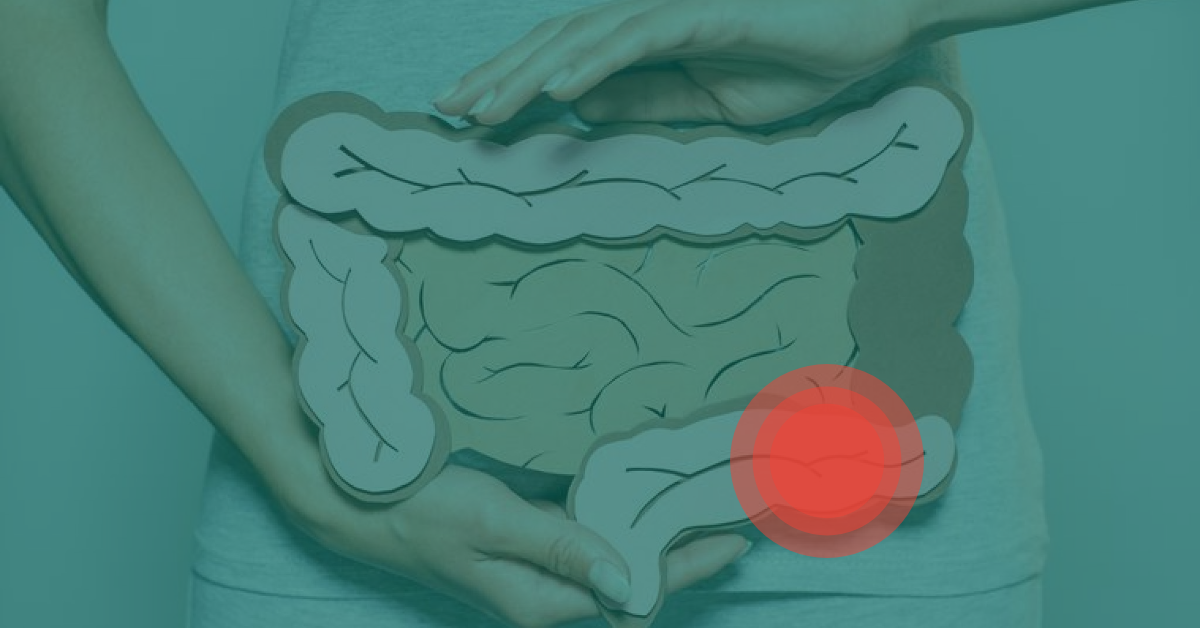Symptoms to identify Gut Issues
The significant impact of the gut microbiome on physiological functioning is clear in patients with gut issues. The composition of gut bacteria affects energy levels and mood fluctuations. When we start to identify these abnormalities in behaviour and physiological functioning, we can start to investigate the root cause, and find the best solutions to suit each individual.
Gut health plays an integral role in the overall physical and mental wellbeing of an individual. Scientific studies have shown that the vagus nerve connects the gut to the brain through the Gut-Brain Axis. Taking care of our microbiome is extremely important in terms of preventing and treating physical and mental symptoms related to disease. There are many ways in which we can identify and treat an imbalance in the microbiome.

Signs of an unhealthy microbiome
In order to treat and manage symptoms, one must first identify the root cause of our issue. Integrative Medicine aims to identify the issue at its root and develop long-term solutions, according to the individual’s own capacity. Many of these treatment protocols involve lifestyle modifications, where clinicians can avoid pharmaceuticals when necessary. When looking at an unbalanced microbiome, these are some of the signs and symptoms to be aware of.
Weight fluctuations
A balanced gut can aid in the absorption of essential nutrients that regulate physiological function. When the gut is unhealthy, nutrient absorption is hampered, and can lead to unwanted weight gain or weight loss. Weight loss may be due to an overgrowth of unhealthy bacteria (SIBO), and weight gain may be due to insulin resistance and the urge to overeat due to nutrient loss.
Sensitive and upset stomach
As an individual, it is important to analyse any significant differences in how the gut reacts. An upset stomach can present itself in many forms; diarrhoea, constipation, bloating, excess gas, heartburn, etc. This can mean that the gut is struggling to process food normally.
Fatigue
Fatigue is defined by an excessive feeling of tiredness. Many people struggle with fatigue for a number of reasons, one of them being an unhealthy gut biome. Excessive and prolonged fatigue could be a sign of Irritable Bowel Syndrome (IBS) which is directly linked to the gut.
Stress and anxiety
The Gut and the Brain are linked through the central nervous system. Signals are sent bidirectionally, meaning that when the gut is unbalanced, it can affect cognitive function. Thus, when our gut flora is out of balance, it can catalyse stress and anxiety as well. An overgrowth of unhealthy bacteria can also lead to mood fluctuations and irritability.
Irritable skin
Have you ever heard the saying “from the inside out?”. In medical terms, this means that whatever is happening inside, will reflect outwardly on the body as well. For many of us, we see huge differences in our skin when our diet consists of junk food and saturated fats. An unhealthy gut ecosystem can lead to things like acne, skin pigmentation, psoriasis and skin irritability.
Summary
The significant impact of the gut microbiome on physiological functioning is clear in patients with gut issues. The composition of gut bacteria affects energy levels and mood fluctuations. There are many more identifying factors to an unhealthy gut microbiome. It is important for clinicians, as well as patients, to be aware of physical and mental changes. This way, we can easily keep track of symptoms that may be related to our gut. When we start to identify these abnormalities in behaviour and physiological functioning, we can start to investigate the root cause, and find the best solutions to suit each individual.
How do I Become a Functional Medicine Practitioner to learn more about Gut Issues?

The Institute of Integrative Medicine is a global leader in the field of Integrative Medicine Education. Integrative medicine aims to be at the forefront of modern technology and new discoveries. Gut issues are extremely common and require more effective methods of treatment. We offer certified online courses helping you to take charge of your practice and improve the quality of life for your patients. Find out more about the courses we offer today!

